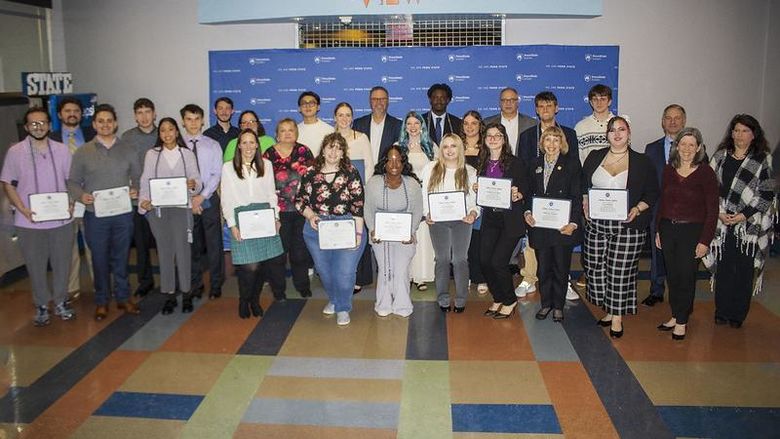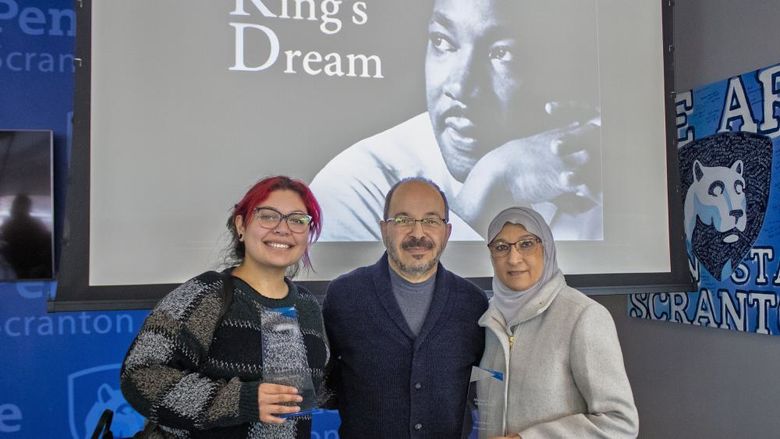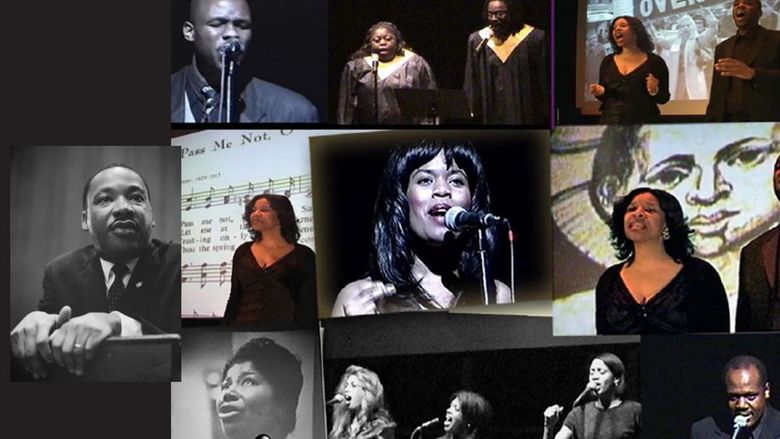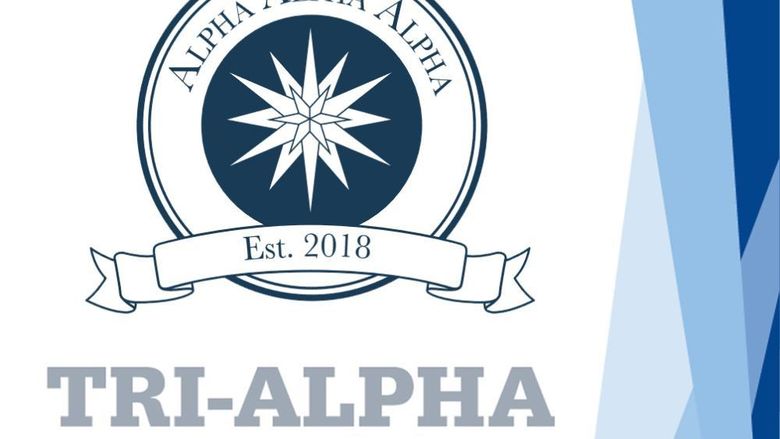DUNMORE, Pa. — Penn State Scranton's Center for Business Development and Community Outreach (CBDCO) recently partnered with the city of Scranton and the Scranton Police Department to conduct diversity training for its officers. Called the Penn State BLUE program, the program is designed to help participants develop mindfulness and empathy, understand the complexities of changing derogatory language and stereotypes, understand unconscious bias, and expand cultural awareness and how to navigate uncomfortable encounters.
The program was created with the overall goal of helping participants to expand their cultural competency related to minority-majority relationships, CBDCO Director John Drake explained. The workshops are not an attempt to convince law enforcement officers to re-envision their role or function in the community, restructure their operations, or do their jobs differently, nor are they designed to elicit support for movements of change. Rather, they are designed to focus on questions that are of direct interest to participants so that they can more effectively work with members of minority groups, be they racial, religious, cultural, ethnic or gender.
More than 350 people have taken part in Penn State Scranton’s empathy and community relations trainings to date. Members of the Scranton Police Department and Lackawanna County’s parole and sheriff’s departments went through the Penn State BLUE program, while various leaders and administrators from Scranton and Lackawanna counties participated in similar training and the campus' Diversity Circles program.
“City of Scranton senior leaders have had very positive feedback about the program, so much so that we are working with Penn State to see how we may continue the dialogue and training,” said Scranton Mayor Paige Cognetti. “At the city, we are striving to have more internal and more community dialogue, so that we can improve how we provide services and keep residents safe.”
The idea for the program was sparked by Penn State Scranton Chancellor Marwan Wafa, who contacted Cognetti with an idea.
“Our chancellor reached out to Mayor Cognetti to offer assistance to Scranton police officers by providing training that addresses ongoing community-related challenges capitalizing on Penn State’s experience in diversity, empathy and community relations training,” Drake said. “The mayor accepted his offer, and the members of Penn State Scranton’s Center for Business Development and Community Outreach began working with the police department leadership to customize a training program to meet their needs.”
The program, which took three months to develop due to its customization for Scranton police, was presented to the department’s leadership, who then enlisted the help of subject-matter experts from Penn State's Scranton and University Park campuses.
Drake said the program has already been repeated and sent along to other departments in Scranton and Lackawanna counties, not just police, and that it can be further customized to create the right fit for all participants.
“The program was presented to Lackawanna County Deputy Director for Human Resources Justin MacGregor, and he immediately saw it as a valuable training for the county law enforcement,” Drake said. “With the support of the county commissioners, the program was then delivered to the members of the county’s sheriff’s office, as well as the county’s parole officers.”
MacGregor said that the county is looking forward to future sessions with Penn State Scranton and building upon the partnership between the two.
“Penn State's programming and staff are top notch,” MacGregor said. “Their unique approach to the subject matter led to thoughtful, engaging and open-ended dialogue with our staff.”
Samuel Richards, an award-winning teaching professor and sociologist at Penn State who instructs the largest race and cultural relations course in the United States, with nearly 800 students attending each semester, was the instructor for the BLUE program, and he found the conversations to be stimulating and honest.
“These are difficult times for law enforcement personnel and people who work alongside them because there are eyes commenting on and assessing just about everything that they do,” Richards said. “Under normal operating conditions this would be destabilizing, but we are living in the middle of a pandemic and deepening political divisions and life is not normal.
"At the same time," he said, “the movement toward a well-functioning society calls upon the people who are enforcing our laws to keep up with the new social and cultural realities that are shaping our society. Doing so requires open and thoughtful conversations where all questions and concerns can be put on the table and examined. This is what the Penn State BLUE Program is about.”
As the co-founder and director of development at the World in Conversation Center, Richards also co-directed an innovative research project sponsored by NATO’s Science for Peace and Security Program to develop a virtual, facilitated cross-cultural dialogue tool for NATO military personnel and civilians in conflict zones.
Funding for the Penn State BLUE program was made possible thanks to a grant from the Scranton Area Community Foundation and a gift from the local Schwartz Mack Foundation.





